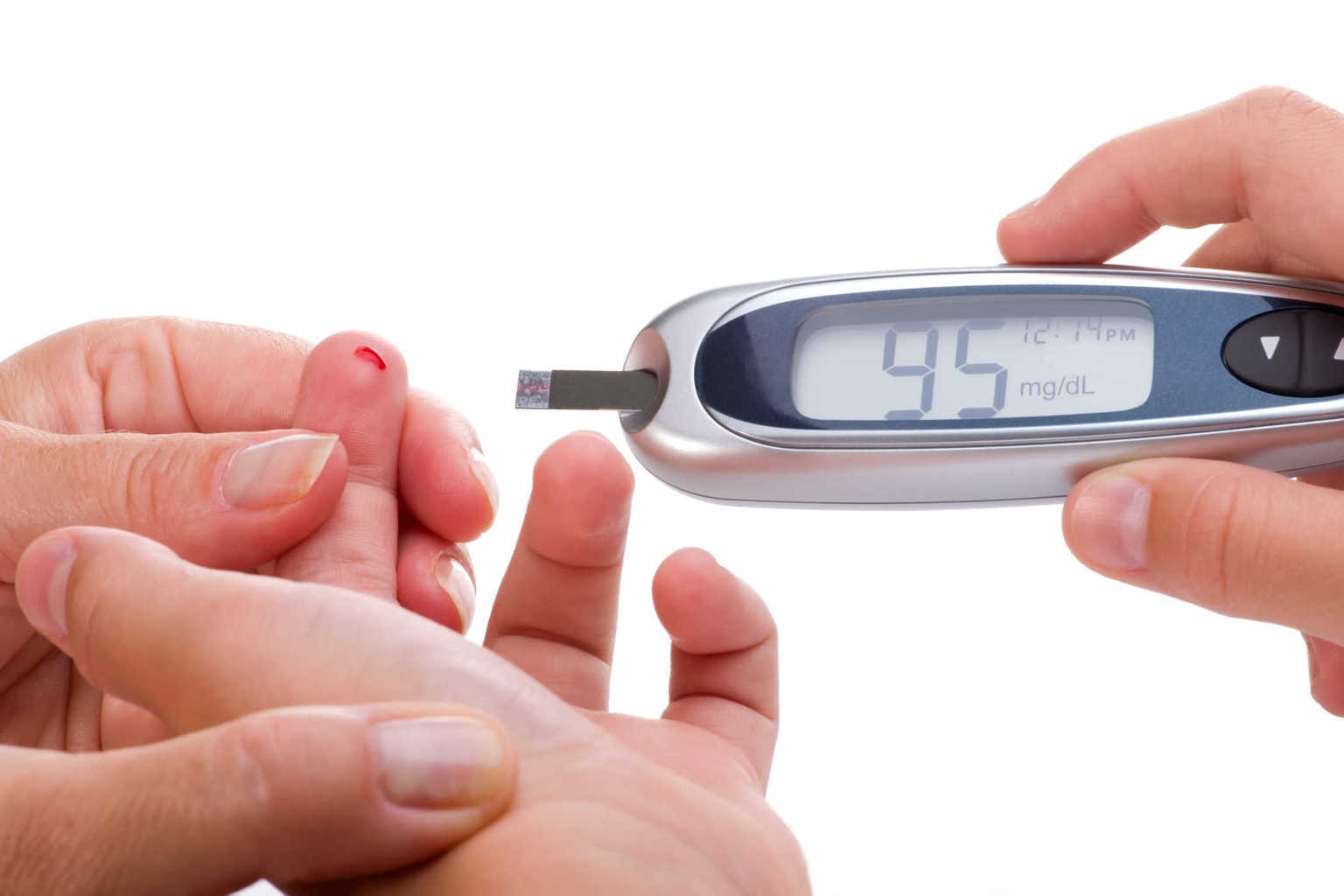Contents:
- Medical Video: How to Give an Injection with an Insulin Pen | Cincinnati Children's
- Let the child emit his emotions
- Making injections and blood tests is easier
Medical Video: How to Give an Injection with an Insulin Pen | Cincinnati Children's
Children with type 1 diabetes need to get insulin injections and blood tests, but this is also an obstacle for parents.
Your child's medical team will help you learn how to cope with diabetes while reducing worries about injections and blood tests. The doctor will also tell you the technology used to check your child's blood and drugs that offer better benefits.
Together, you and the diabetes care team can get the best solution.
Let the child emit his emotions
When your child's age is very young, blood tests and injections are very difficult to do. Parents are required to use coercion in handling diabetes, in the form of regular examinations and injections for children who cry, reject and get angry.
Learning how to deal with diabetes is a process. Even if your child is used to blood tests and injections for a while, new fears will arise, or other emotional problems may arise, which makes the test or injection difficult.
To help keep emotions about diabetes, including anger, frustration, and fear of tests and injections, tell your child not to be afraid if they don't like being injected or examined. Speak openly about this fear. Children must express their feelings including their frustration and tell them that they are allowed to be angry.
You can also help explain to them how important injections and blood tests are. For example, you can explain that injections and blood tests help them to feel healthy throughout the day - and not get an injection or blood test means they have to stay in the hospital and skip school, while not being able to do other fun activities because of their diabetes problems natural.
Treat examinations and injections like other normal daily activities. Many children prefer to have a sense of independence to control diabetes. Compared to feeling treated as a 'victim' from examinations and injections, they will be more responsible for their health if conditioned as if the blood test and injection were indeed their job.
Allow your child to choose a needle, read the glucose test results aloud, choose a point or finger to inject, or press the probe. Let your child control in accordance with his age if he is allowed. Usually, children are ready to receive examinations and injections when themselves feel ready by themselves (even though parents must keep an eye on).
If your child is opposed or crying, you may melt to miss a check or a single injection. However, actually a blood test or injection is not something that can be debated. Both must be done and this is not an option. Once you do it, the child will continue to hope this happens again ...
Sometimes, the only choice is that you have to inject or forcibly check, even if your child is angry and doesn't want to cooperate. Afterwards, you might be able to reward him with something fun, such as playing games, reading stories, or chatting and asking your child why he is so worried and angry.
If your child is afraid of injections and each injection session is considered a struggle, a doctor or health advisor can really help you handle it.
Making injections and blood tests is easier
The general tips below can help you make examinations and injections easier:
- Get ready. Prepare insulin and other inspection equipment from before, far from your child's view, to reduce the time you will spend during the procedure.
- Make the time as short as possible. Try to keep the time short, relaxed and comfortable as much as possible.
- Make injections in various areas. Don't inject in the same area over and over again.
- Try to do it at mealtime. For babies, giving an injection or blood test during breastfeeding can help reduce discomfort.
- Use insulin at room temperature and wait for the alcohol to dry before you give an injection to reduce discomfort.
- Try ice. Rub the injection point with ice cubes wrapped in plastic or cloth to numb the skin before giving the injection. This is not mandatory, but can help your child feel better.
- Look for a distraction. Your child may feel more comfortable and less stressed if they whistle, count, sing, hug a toy, or think about something nice when they are injected.
- Make his hand hold something. Your child may feel more relaxed with a special doll that can be held during an injection or blood test.
- Offer a gift. Don't use food or snacks as a gift. You might be able to give a sticker or other small gift so they will cooperate. Your child can add stickers to the board after being injected or checked for blood.
- Praise your child if they apply well when injected / tested. But don't make them sad when they can't be invited to work together.
- Give a hug. You can also play games or read the book your child chooses after an injection or blood test.
- Get someone to ask for help. When your child refuses to be injected or checked for blood, you can ask for help from an advisor or support community. Hearing about the importance of injections and blood tests from other parents or health professionals can help children no longer whine.
- Look for support. Talking to parents whose children have diabetes - whether it's a support community, someone you can meet, or a discussion on the internet - about the best methods for them can help you find new strategies for how to make injections and blood tests easier. You can also look for other people to discuss the stress you face when you care for your child's diabetes.












